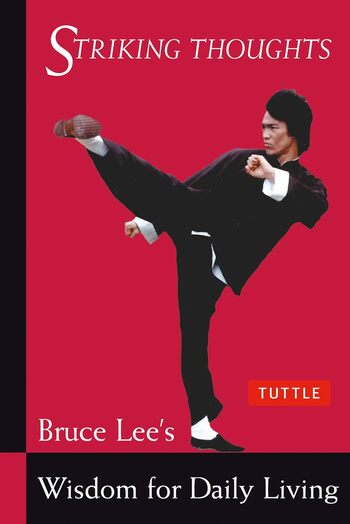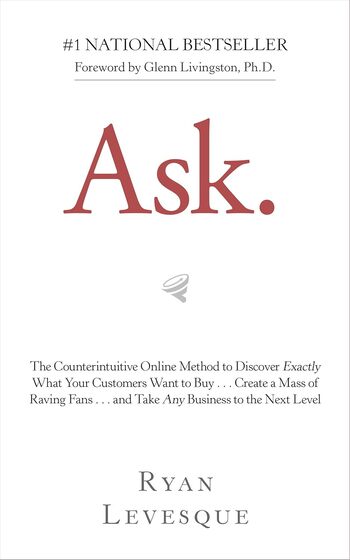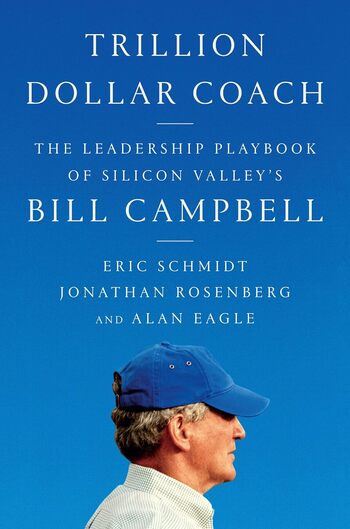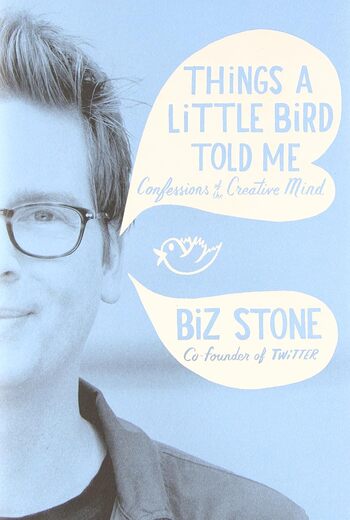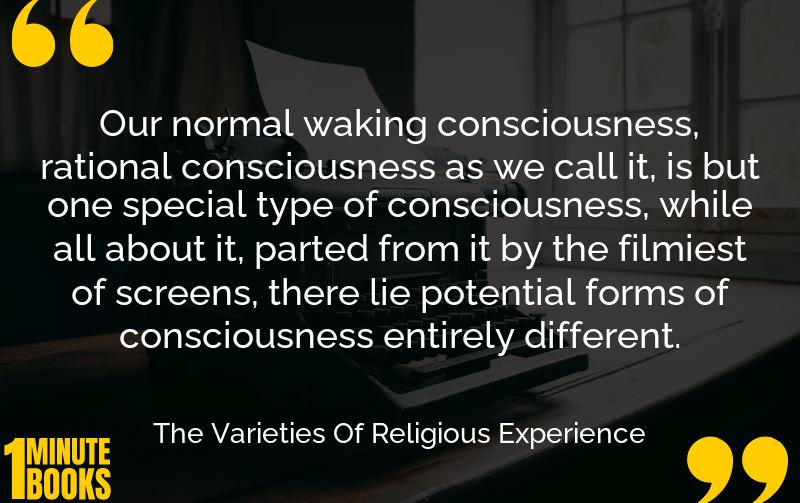
William James’ influential work explores religious experiences as a part of human consciousness, reflecting on the intersection of psychology and spirituality. He argues that understanding religious phenomena requires both scientific and intuitive approaches.
Main Lessons
- Religious experiences can reveal insights into human consciousness and personal transformation.
- The impact of a belief on the world is more crucial than its origin or basis.
- Religion can offer solace and a sense of renewal, helping individuals cope with life’s challenges.
- Extreme emotional states can distort the perception of good and evil, urging balance.
- True understanding of religious experiences often requires shared personal insight.
- Philosophy and psychology aid in comprehending religious experiences without presuming their truth or falsehood.
- Prayer or mystical experiences foster a unique communication with the Divine, enhancing faith’s emotional depth.
- Religion provides a framework for dealing with moral and existential questions, offering hope and meaning.
- Religious insights and scientific discoveries can coexist, offering diverse ways to understand the world.
- Mindfulness and self-reflection can aid in emotional regulation and foster a sense of purpose.
- The pursuit of spirituality should be balanced to prevent fanaticism and maintain mental well-being.
- Personal religious journeys vary greatly, influenced by individual traits and experiences.
- Connection with the Divine supports an individual’s sense of belonging and purpose beyond the physical realm.
- Belief in an eternal world fosters gentleness and kindness in behavior.
- Practicing love for others and self can lead to a balanced, fulfilled life, whether through religious or secular means.

